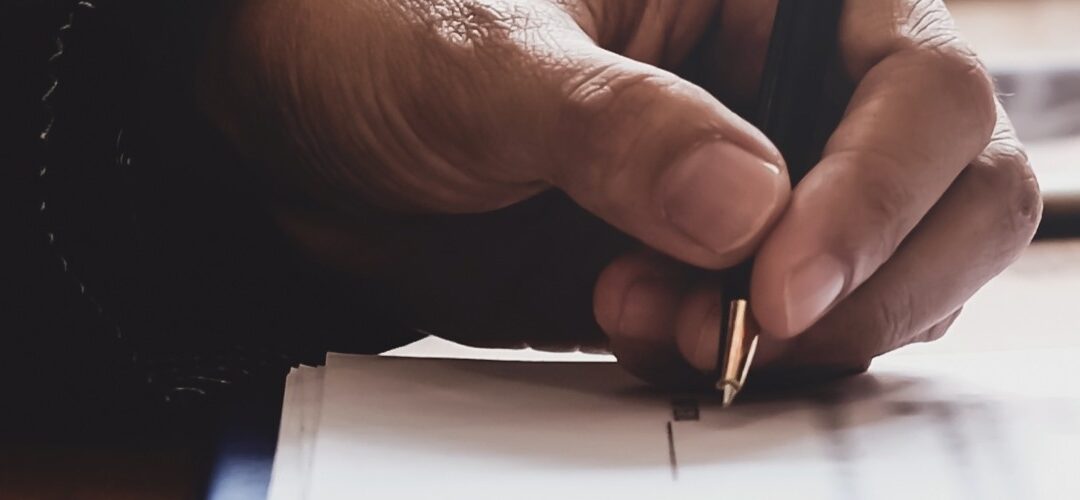What is a Durable Power of Attorney
A Durable Power of Attorney (DPOA) is a legal document that lets you give someone you trust, the agent, the power to make decisions on your behalf, even if you become incapacitated. You, as the principal, decide how much authority your agent has. This can encompass a wide range of financial and personal matters and depends on the scope outlined in the document.
The Agent and Principal Relationship
In a Durable Power of Attorney, you (the principal) choose someone to act on your behalf. This person, known as the agent, can handle things like paying bills, managing bank accounts, selling property, or making investments. The agent’s role depends on what powers you decide to give them.
The relationship between you and your agent is built on trust. Your agent must act in your best interests, following your wishes. The agent is legally required to manage your affairs responsibly, using your assets for your benefit.
What Can the Agent Do?
The power you give your agent can cover many things. Some of the most common tasks include:
- Managing your money, like paying bills and filing taxes
- Handling your property, such as buying or selling real estate
- Running a business, if you own one
- Dealing with legal matters, like lawsuits
You can decide how much control your agent has. For example, you might allow them to sell your house but not access your investments. To ensure your limits are clear, you must list them in the DPOA.
What Does “Durable” Mean?
The word “durable” means that the power of attorney stays in effect even if you become unable to make decisions for yourself. A regular power of attorney ends if you become incapacitated, but a durable one continues. This allows your agent to step in and manage things when you need them the most.
To make your power of attorney “durable” in Utah, the document must clearly state that it remains valid if you become incapacitated. Without that wording, the power ends if you can no longer make decisions.
What Happens After the Principal’s Death?
A Durable Power of Attorney does not give the agent any authority after you die. Once the principal passes away, the DPOA ends immediately. At that point, your estate is handled according to your will or through the probate process if there is no will.
How to Revoke a Durable Power of Attorney
You can revoke or cancel a DPOA at any time as long as you are still mentally capable. Here’s how:
- Write a revocation letter and send it to your agent.
- Create a new power of attorney. The new one should explicitly revoke the old one.
- Destroy the original document. However, make sure you have a clear plan to inform others that it’s no longer valid.
It’s important to notify your bank and any other institutions that your agent no longer has power. If they don’t know, your agent could keep acting under the old document.
Other Important Things to Consider
- Choose your agent carefully: Pick someone responsible, honest, and good at managing tasks. This person will handle your important affairs.
- Springing Powers: You can set up your DPOA to only start if you become incapacitated. This is called a springing power of attorney. In this case, your agent’s power “springs” into action when a doctor says you are unable to make decisions.
- Update your DPOA: Institutions may be hesitant to accept older documents. It’s a good idea to update your DPOA regularly or make sure it meets current Utah laws.
- Avoid court involvement: If you become incapacitated without a DPOA, the court may have to appoint someone to handle your affairs. This process can be slow and costly. A DPOA avoids this problem.
Conclusion
A Durable Power of Attorney gives you peace of mind by ensuring that someone you trust can step in and manage your affairs if needed. In Utah, understanding how the agent/principal relationship works and deciding the right level of authority for your agent are essential steps in setting up a DPOA. You can protect your future by creating this document today. For help getting started, contact Stone River Law, PLLC, to schedule a consultation.
